Should we be using smart speakers in the office?
Posted on 30 June 2020 by Beaming SupportAlexa, Siri and Google are all familiar assistants to many of us.
Smart devices can undoubtedly make life easier around the home, helping us manage energy consumption, reminding us of appointments and keeping us entertained. When used with cyber security in mind (see our guidance below) they can be a helpful addition to your home.
But what about in the office?
We’d advise against using smart assistants in the office. Our cyber threat report for 2019 highlights that Internet of Things (IoT) devices are most likely to be targeted by cyber criminals looking to gain access to a company’s network. This is down to the fact that without a graphical interface to remind users of best cyber security practices, weaknesses are often left unpatched and easily guessable default passwords such as “1234” are never replaced with something that’s harder to crack. Once a cyber attacker is “in” to an IoT device they can access your network and therefore your sensitive company data.
If you are considering bringing smart assistants into the office consider how you’d feel if a competitor (or anyone else, for that matter) asked to place a microphone on your desk. This is not to suggest that your tech would be sharing your data directly with anyone, but information is often sent to the service provider’s cloud, with each of them having different policies concerning its use. We support businesses using tech to improve productivity, but strongly advise any company planning to send and save data to a third party cloud provider to thoroughly weigh up the pros and cons and decide whether the technology is appropriate.
My home is my office, should I be wary?
With many more people starting to working remotely, it may be that you or your employees are working alongside a smart assistant at home. Outside of a busy office, it’s less likely that a smart speaker will “overhear” the entirety of a sensitive conversation or be accidentally activated, but it’s a good idea to be mindful of the conversations you’re having and disable your tech when appropriate, in the same way that some people place a cover over their computer’s inbuilt webcam.
In addition, there are some steps that can be taken to make your home smart tech more secure.
- Ideally, homeworkers should have a completely separate connection to the corporate network so that their home network with consumer grade broadband, routers and IoT technology does not “touch” your network.
- Always change the default password that comes with a smart device to something that’s not easy to guess.
- Set up two factor authentication wherever possible.
- Keep your device updated with the latest patches.
- Perform a factory reset if you no longer use your device and plan to sell it on or dispose of it.
Whether your business is new to remote working or you’ve been home working for a while, maintaining cyber security should always be a priority when adopting new processes and technologies.
Read next: CEO fraud: what is it, and how to protect your business.
